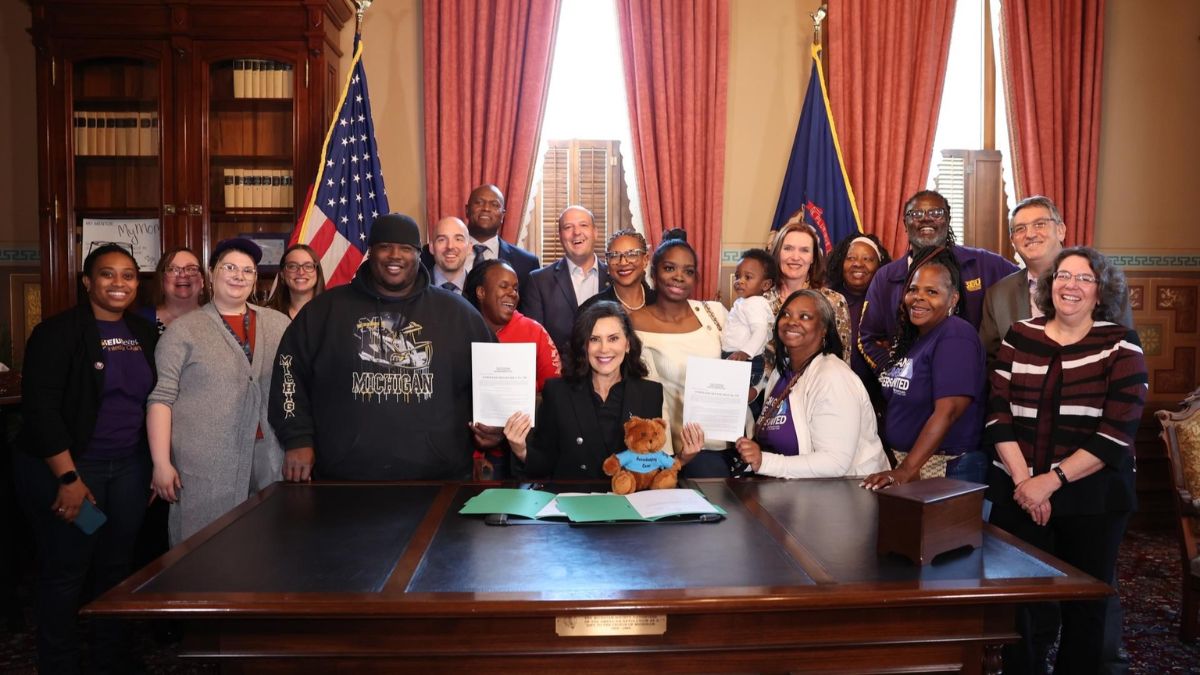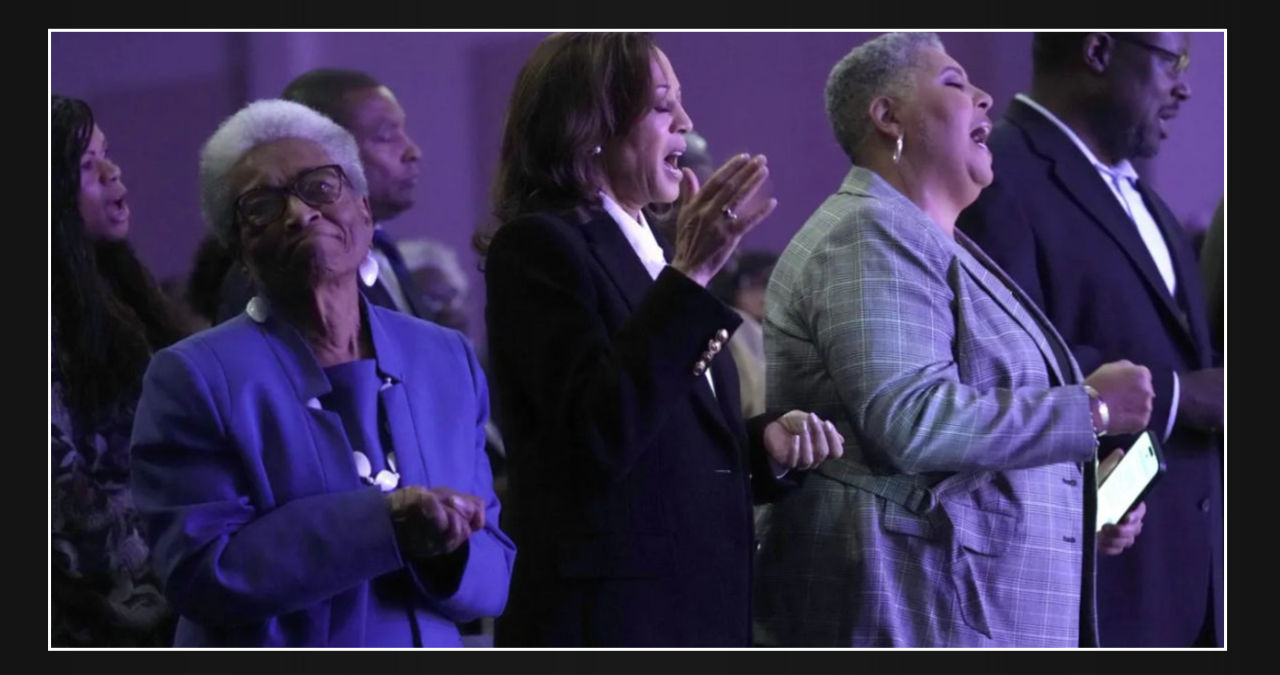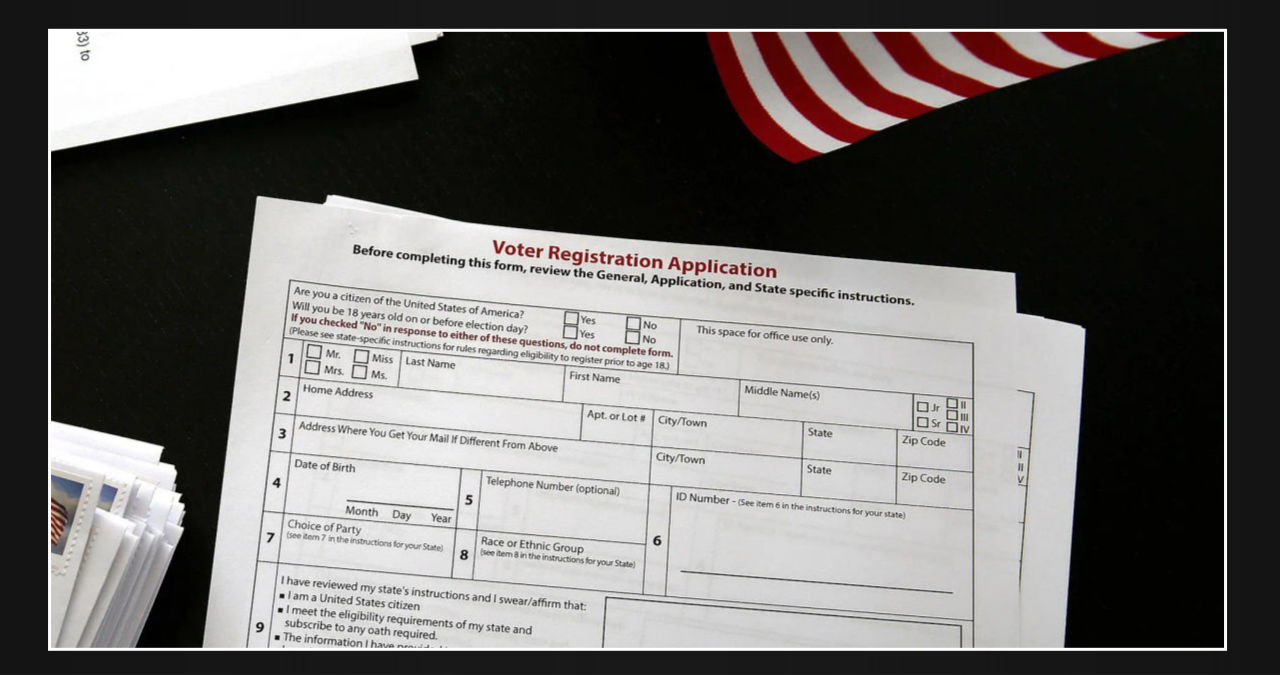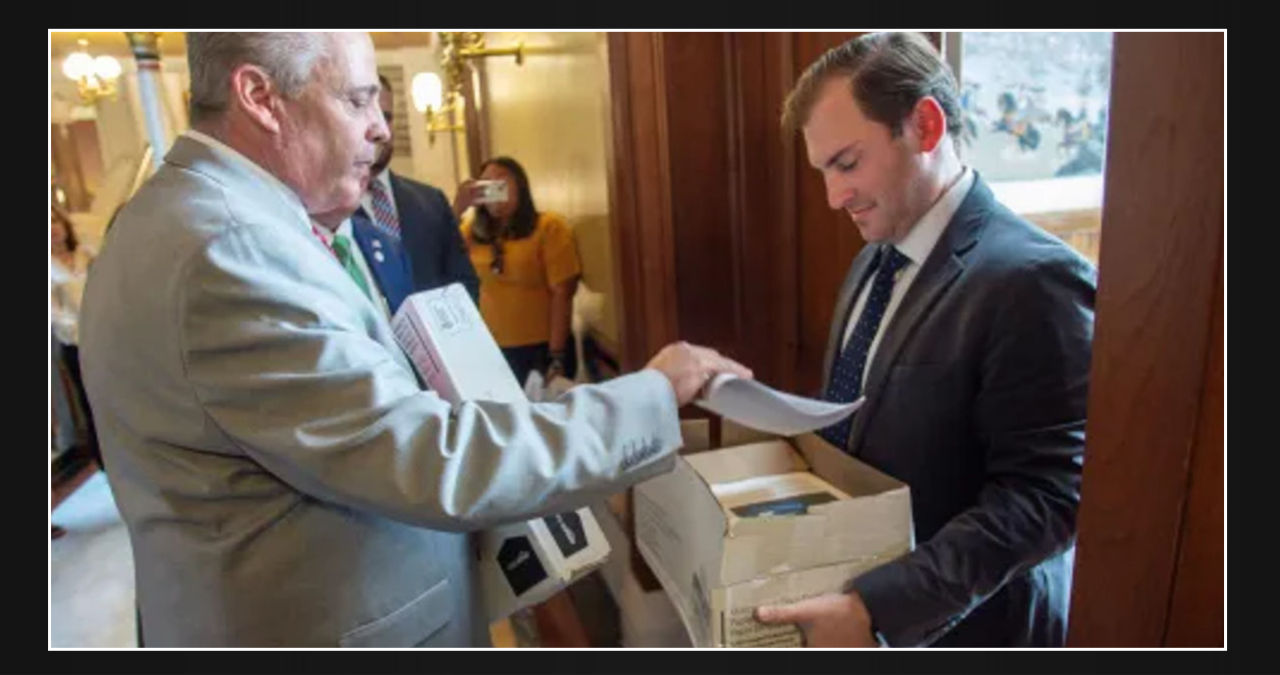Michigan Governor Gretchen Whitmer wasted no time in signing 17 bills into law on Tuesday.
The bills covered a wide range of topics, including funding for hospitals and the unionization of a sector in the healthcare industry that is often overlooked.
“These bills will have a tangible impact on the lives of individuals, as they aim to enhance healthcare accessibility, safeguard workers’ rights, and provide financial relief for the people of Michigan,” expressed Governor Whitmer. She further added, “By enabling 35,000 home care workers to negotiate for improved wages and benefits, and ensuring that quality healthcare is accessible to all residents irrespective of their location, we must continue our collaborative efforts to ensure that every individual thrives in Michigan.”
Senate Bills 790 and 791 aim to grant individual home help caregivers in Michigan the right to unionize and engage in collective bargaining. To accomplish this, Senate Bill 790 classifies individual home help caregivers as public employees under the director of the Department of Health and Human Services, solely for the purpose of collective bargaining. These bills were approved along party lines in both the House and Senate.
Senate Bill 701 seeks to enhance healthcare accessibility in rural Michigan by revising the restrictions on state funding allocated to Michigan hospitals. The bill intends to accomplish this by adjusting the definition of a rural hospital to encompass counties with a population of 195,000 or less and allocating additional funding to these hospitals. Consequently, Muskegon County will be included in the rural hospital category under the new definition. With the support of both the House and Senate, the bill successfully passed with bipartisan endorsement.
-
- Ottawa County is to receive $1.642 million for land acquisition at the Rosy Mound Natural Area.
- Holland Charter Township is to receive $300,000 for a trailhead and connector for the Middle Macatawa Trail System.
- Saugatuck Township is to receive $300,000 for funding of Blue Star Trail between Maple Street and Beeline Trail.
- Kent County is set to receive $1.2 million for land acquisition at the Rouge River State Game Area.
- The City of Kentwood is to receive $300,000 for Thornapple Trail Improvements.
- Cedar Springs is to receive $300,000 for Heart of Cedar Springs Playground development.
Senate Bill 150 seeks to enhance the accessibility of small claims hearings in the small claims division of the Michigan Tax Tribunal by enabling virtual proceedings. This bill received bipartisan support in both the House and Senate.
The fines for safety violations related to natural gas were raised by Senate Bill 366 to align them with federal fine amounts. This bill received widespread support from both the House and the Senate, with members from both parties backing it.
Senate Bill 744 broadens the requirements for teachers to successfully complete their probationary employment period. The bill was passed by both the House and Senate, mostly along party lines.
Four Senate bills, namely 926, 931, 933, and 934, have been proposed in order to enhance Michigan’s gaming and gambling prevention programming by allocating additional funds. Some of the extra funding will be dedicated to early intervention initiatives and the promotion of responsible gaming. These bills were primarily approved in both the House and Senate, with most votes along party lines.
Senate Bill 928 seeks to broaden the scope of Medicaid coverage for birth expenses by removing a provision that currently denies coverage in specific situations. Supporters of the bill have estimated that approximately 66,000 births would now be eligible for full coverage of their birth expenses. The bill was approved in both the House and Senate, with votes falling along party lines.
Senate Bill 929 seeks to expand healthcare options for low-income residents in Michigan by reallocating Medicaid funding. The bill received approval from both the House and Senate, with votes falling along party lines.
The Michigan Senate has approved Senate Bill 932, which aims to expand access to the state’s Family Independence Program. This bill will extend the duration of assistance that families can receive from 48 months to 60 months. The legislation was passed with support from members of the respective parties in both the House and Senate.
Senate Bill 935 eliminates a provision in The Social Welfare Act of 1939 that mandated counties to be reimbursed for the expenses incurred in providing juvenile justice services. This provision was associated with the “Raise the Age Fund,” which was established as part of the legislative package aimed at securing appropriate placement in juvenile correctional facilities for individuals under the age of 17. The bills endorsing this initiative were predominantly approved by the House and Senate, largely following party lines.
The option to purchase personalized license plates is now available for historical vehicle owners, thanks to the unanimous bipartisan support in both the House and Senate for the passing of Senate Bill 716.






